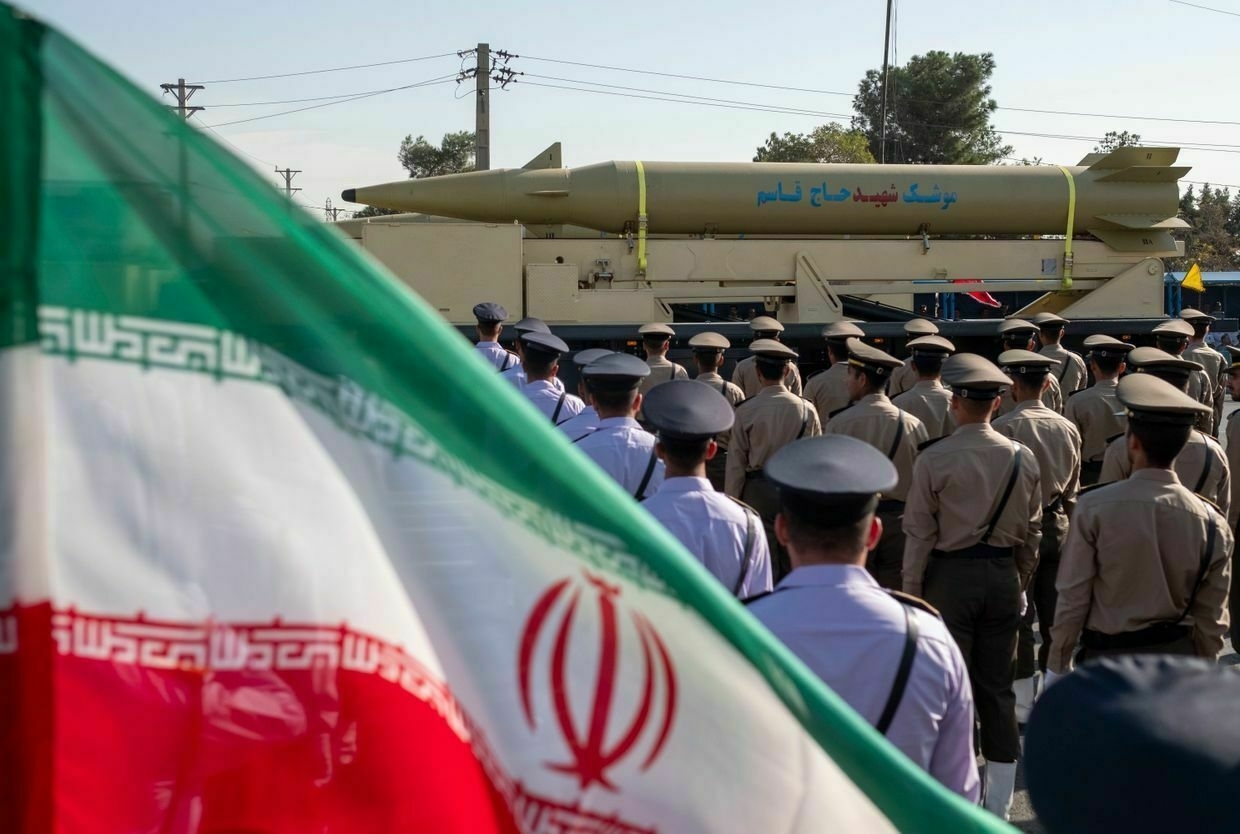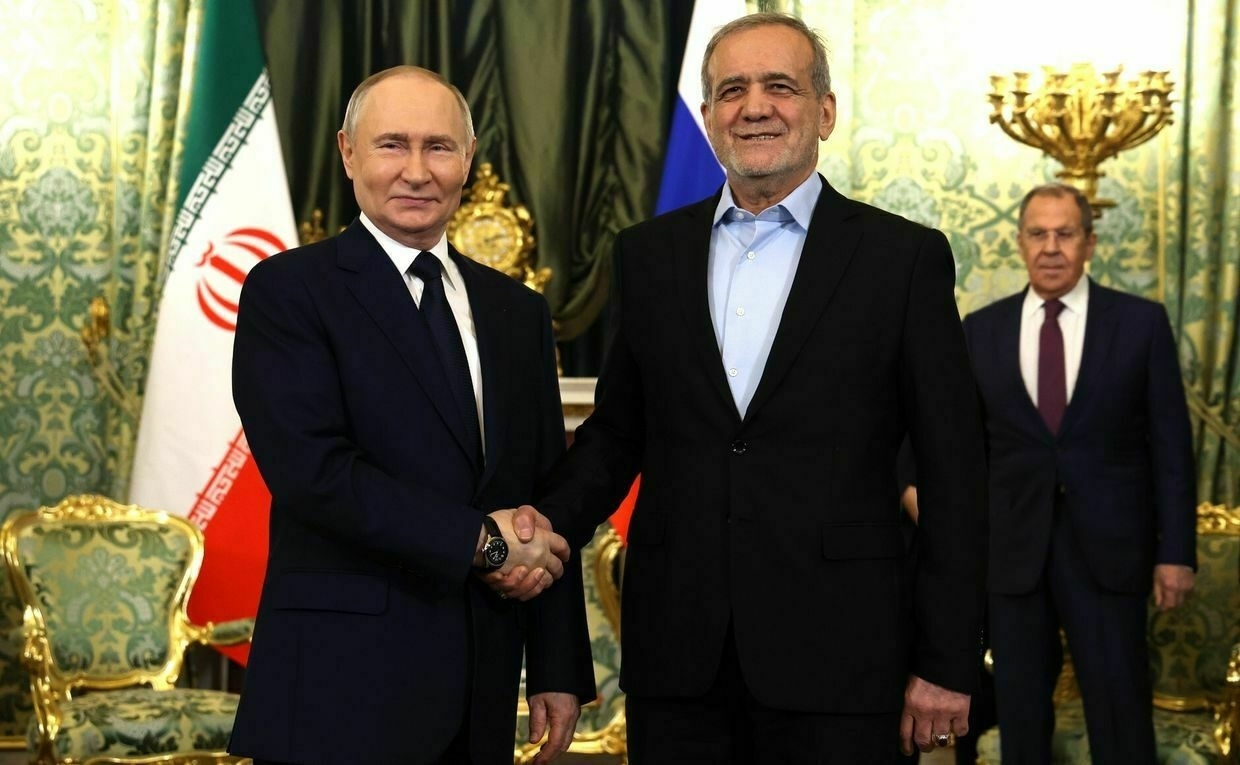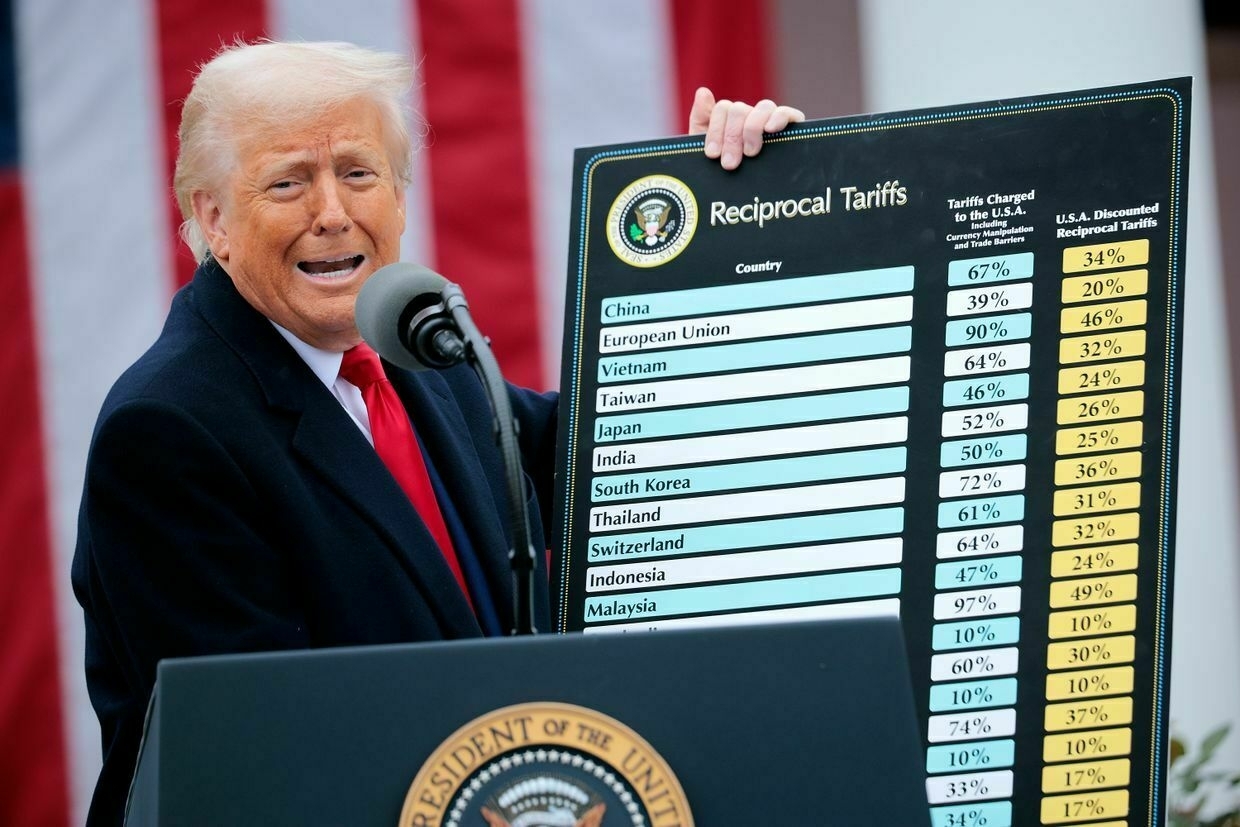
As the United States and Iran engage in renewed nuclear negotiations, the shadow of Ukraine looms large over Tehran’s strategic considerations. Recent indirect talks in Muscat, Oman — facilitated by Omani intermediaries — mark a significant diplomatic step. But Iran’s approach to these talks is deeply shaped by the lessons it draws from Ukraine’s experience with the West.
In 1994, Ukraine gave up its nuclear arsenal under the Budapest Memorandum, receiving assurances from the U.S., United Kingdom and Russia to respect its sovereignty. Yet the annexation of Crimea in 2014 and Russia’s full-scale invasion in 2022 have prompted Iranian strategists to question the reliability of such security guarantees. This context fuels Tehran’s skepticism toward Western promises and reinforces its insistence on maintaining a strong defense posture.
Iranian officials maintain that their nuclear program is intended for peaceful purposes, aiming to reassure the international community and gain relief from crippling sanctions. However, they draw a firm line when it comes to their ballistic missile capabilities and other defense assets, viewing them as vital deterrents against potential aggression. Ukraine’s fate serves as a stark reminder of the vulnerabilities of disarmament without enforceable security guarantees.
The Joint Comprehensive Plan of Action (JCPOA), signed in 2015 between Iran and the P5+1 nations— China, France, Germany, Russia, the U.K., and the U.S. — was a landmark deal to curb Iran’s nuclear activities in exchange for sanctions relief. Under the agreement, Iran limited uranium enrichment, reduced its stockpile of enriched uranium and allowed comprehensive inspections by the International Atomic Energy Agency (IAEA).
But in 2018, the U.S. unilaterally withdrew from the JCPOA under the Trump administration, reimposing severe economic sanctions on Iran. That move not only strained relations but also prompted Tehran to gradually reduce compliance with the deal. The collapse of the JCPOA remains a major point of contention, with Iran citing it as proof of the West’s unreliability in upholding international agreements.
The choice of Muscat as the venue for the current indirect talks is strategic as well as logistical. By using intermediaries, Iran aims to ensure any agreement gains broader international support and oversight. This reflects a desire to avoid the pitfalls Ukraine faced, where bilateral guarantees failed to prevent external aggression. Tehran believes that neutral third parties can add a layer of accountability and increase the chances of commitments being honored.
The indirect format also helps Iran manage internal political pressures. Direct engagement with the U.S. — especially given the hardline posture of Iran’s current leadership — could be politically untenable. Mediated talks provide a face-saving way to pursue diplomacy without appearing to capitulate to Western demands.
While Iran draws cautionary lessons from Ukraine, there are reciprocal insights for Kyiv. Ukraine’s at times inconsistent reliance on Western support highlights the importance of self-reliance and diversified alliances. Iran’s firm commitment to maintaining its defense capabilities — despite international pressure — underscores the strategic value of autonomy.
Iran’s engagement with non-Western powers such as Russia and China also reflects a multipolar foreign policy approach. Ukraine, traditionally aligned with the West, might consider broadening its diplomatic and economic ties to include countries in the Global South — such as India — to bolster resilience against external shocks.

As the next round of talks nears, both Washington and Tehran face significant hurdles. The U.S. aims to prevent Iran from developing nuclear weapons, while Iran demands sanctions relief and recognition of its right to peaceful nuclear energy. The Muscat channel has reopened diplomatic dialogue, but substantial gaps remain.
Meanwhile, Iran has intensified its development of missile and drone technologies — some of which have been deployed by Russia in Ukraine. The effectiveness of these systems in modern warfare reinforces Iran’s belief in their deterrent value. Iranian military officials argue that a strong missile arsenal is essential for maintaining a “balance of terror” and deterring adversaries. In their view, conventional forces alone may not be enough against technologically advanced opponents.
Iran’s participation in nuclear talks is tempered by deep-seated concerns over future threats. Tehran fears that a shift in global dynamics two decades from now could leave it vulnerable if current defense capabilities are compromised. This drives its insistence on agreements that include robust enforcement provisions and compliance mechanisms to guard against future betrayals. The fear of meeting Ukraine’s fate — relinquishing deterrents only to face aggression — looms large in its negotiating posture.
In this complex geopolitical landscape, the experiences of both Iran and Ukraine underscore the delicate balance between diplomacy, deterrence and national interest. As history has shown, the stakes are high — and the consequences of miscalculation can be profound.
Editor’s Note: The opinions expressed in the op-ed section are those of the authors and do not necessarily reflect the views of the Kyiv Independent.
 The Kyiv IndependentSimon Johnson
The Kyiv IndependentSimon Johnson
